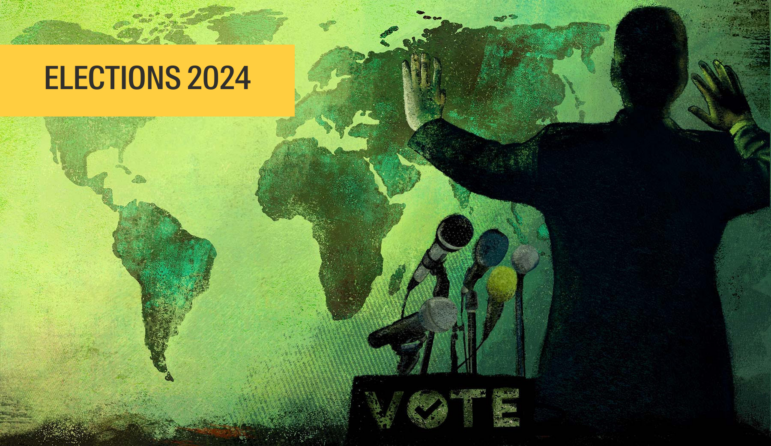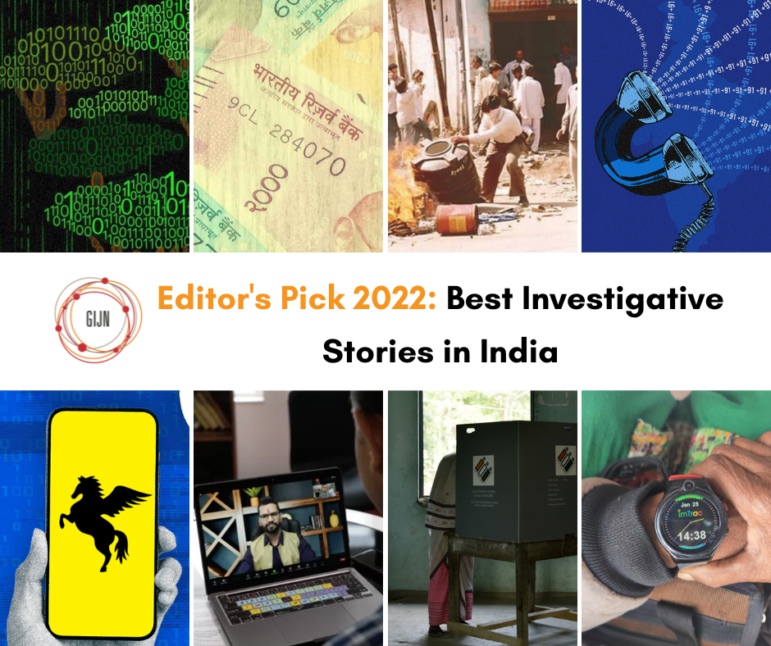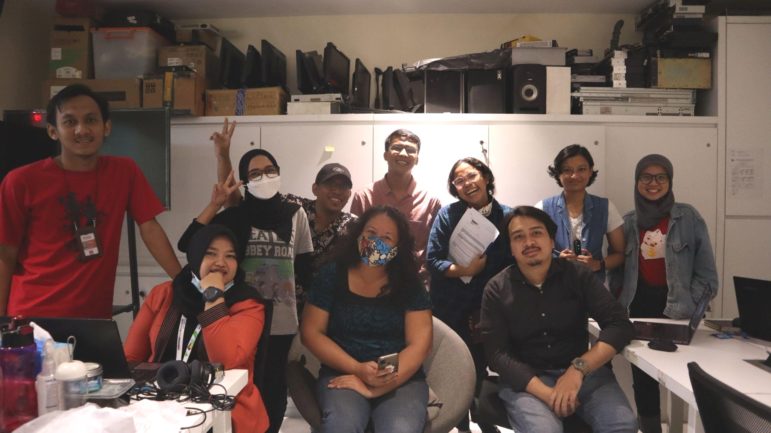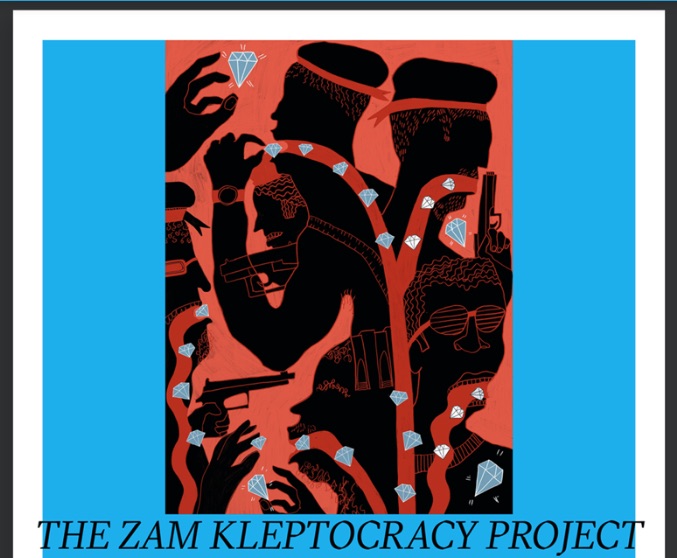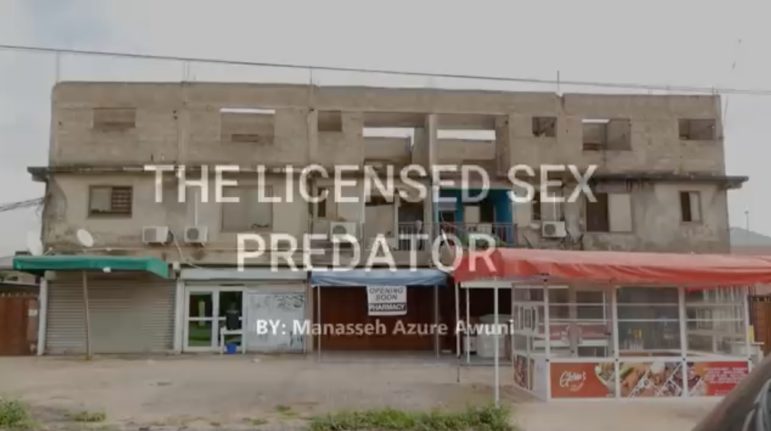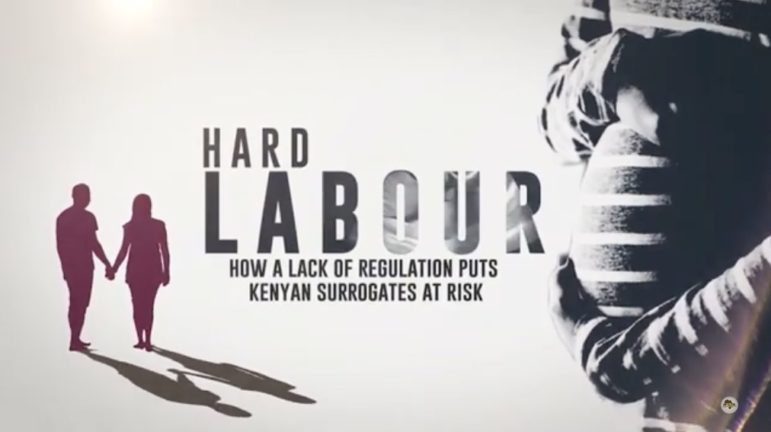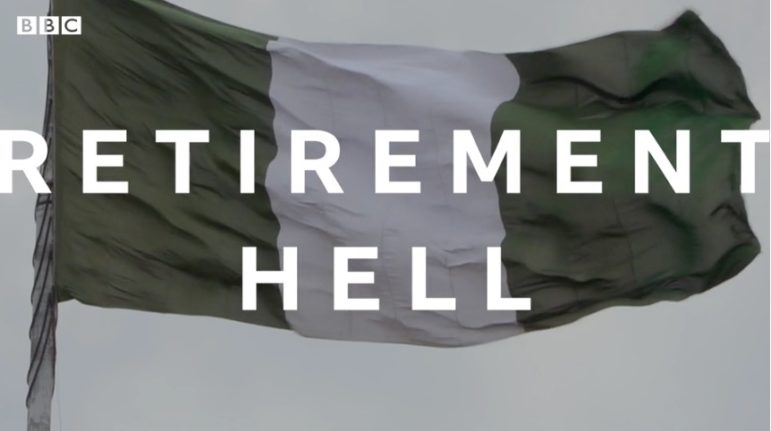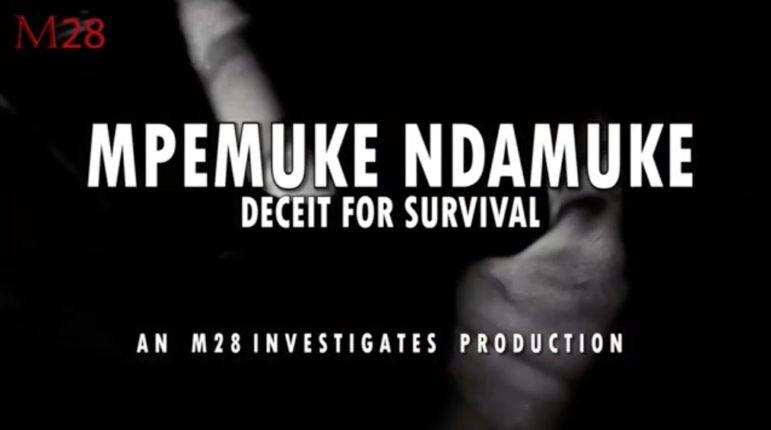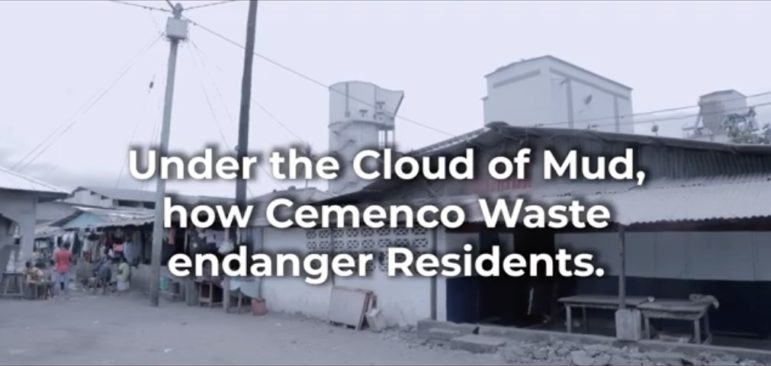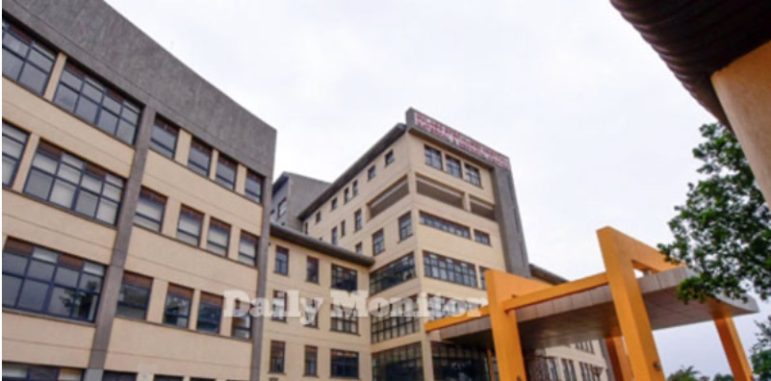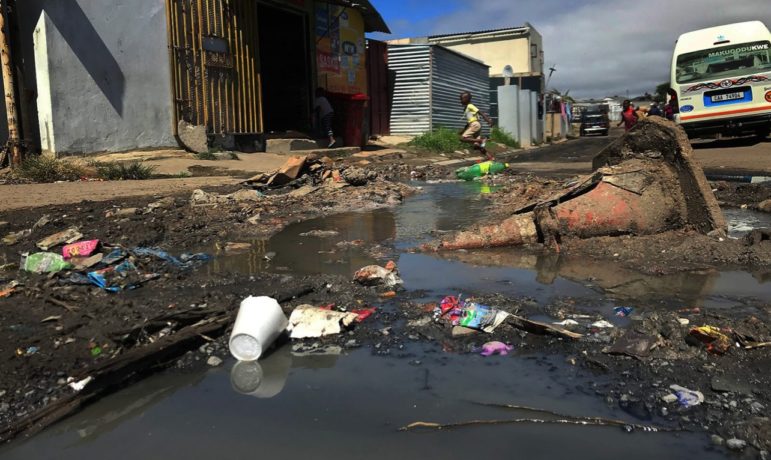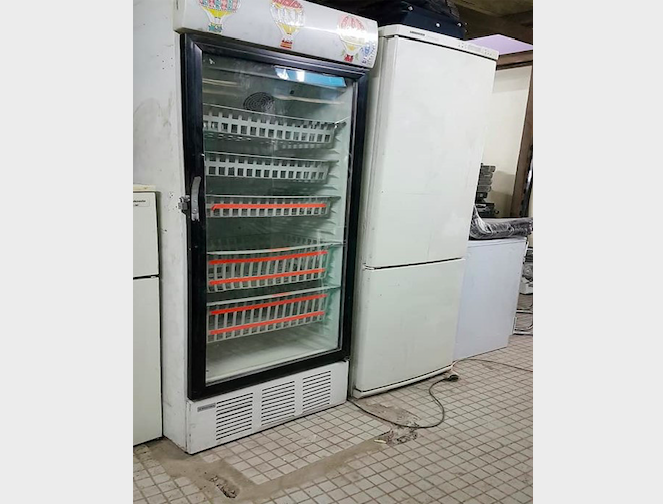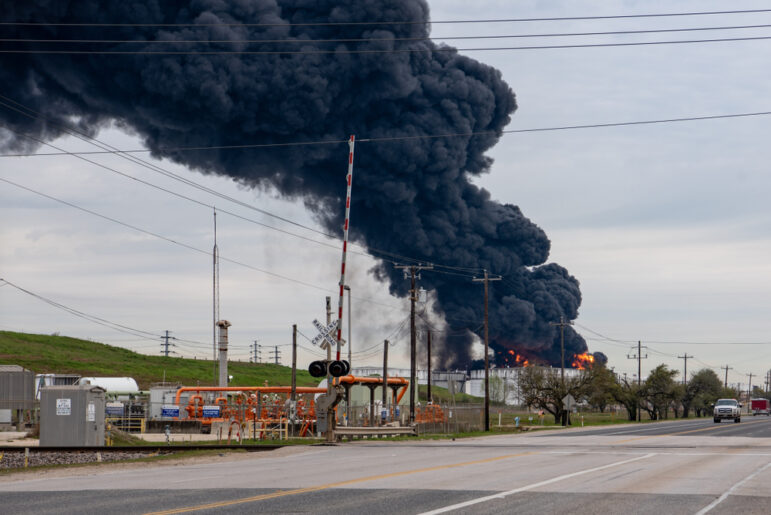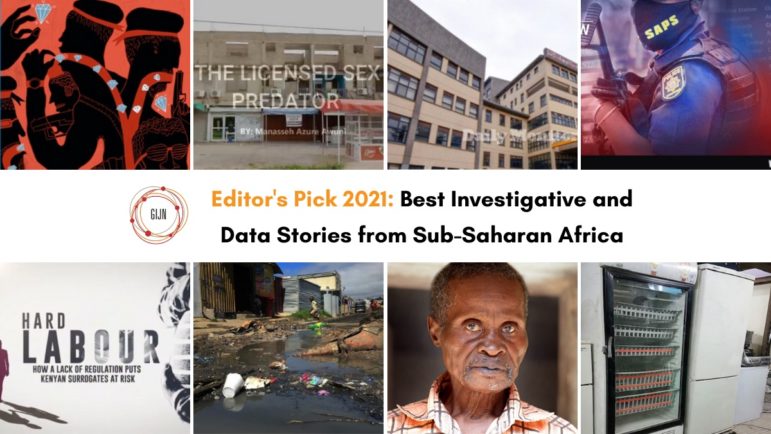

Editor’s Pick: 2021’s Best Investigative Stories from Sub-Saharan Africa
At a time when newsrooms in Africa are increasingly struggling with shortages of cash and threats to press freedom, the level of investigative journalism that emerged from sub-Saharan Africa in 2021 was remarkable.
For many of the eye-catching stories that made it to this year’s editor’s pick, the reporting time ranged from three months to a full year. This points to a growing ability by journalists in Africa to dedicate ample time — and, indeed, resources — to a single story.
Several factors account for this strong dedication to in-depth reporting. First, nonprofit media outlets are helping fill the vacuum created by cash and resource-strapped traditional media organizations. Foundations and development agencies are also offering more consistent and more generous reporting grants, with greater opportunities for long-form investigations, even for freelance journalists.
Legacy newsrooms, meanwhile, are increasingly embracing the idea of dedicated investigative journalism units, despite their internal challenges. Finally, collaborations between local and international muckraking journalists and newsrooms are paving new ground for African journalists to put their best investigative feet forward.
Below is a list of 10 investigative stories that we consider to be among the very best by sub-Saharan African journalists in 2021. Reporters of these stories used a variety of investigative techniques and tools to shine the spotlight on issues and actors that often don’t face the scrutiny and accountability they deserve. — Benon Herbert Oluka, GIJN Africa editor
The Kleptocracy Project (Eight Countries)
This collection of 10 investigative stories across eight countries in Africa is a demonstration of what’s possible when reporters on the continent receive the right leadership and support.
To generate this body of investigative work, labeled the Kleptocracy Project, ZAM magazine’s Africa-focused investigative arm, Bureau Afrika, sourced story pitches from journalists based in Africa who could do in-depth reporting.
The Bureau Afrika team received 34 responses. After whittling down the entries to 10, the selected journalists embarked on months-long investigations, working closely with a team of experienced freelance editors and mentors to uncover “cronyism, self-enrichment, and the undermining of service delivery across the region.”
Netting a Licensed Predator (Ghana)
Ghana’s latest investigative journalism nonprofit, The Fourth Estate, created by the Media Foundation for West Africa (MFWA), was the force behind one of the most consequential investigations to come out of Africa this past year.
Braving harrowing testimonies from victims and disturbing evidence from an undercover investigation, reporter Manasseh Azure Awuni exposed a health practitioner who used his registered practice to sexually assault women seeking reproductive treatment and support. The three-part series is one of those instances where an undercover investigation provides irrefutable evidence, despite denials by the perpetrator.
Eventually, the overwhelming proof against that proprietor led to his arrest and confession, putting to an end to his exploitation of desperate victims.
A Labor of Hitherto Untold Pain (Kenya)
What happens when unscrupulous individuals or organizations take advantage of an industry whose work is marketed as foolproof and operating within the confines of the law? Things can spiral out of control, until an investigative journalist exposes the wrongdoing.
This was the case for Kenya’s surrogacy industry in 2021. Reporter Naipanoi Lepapa went undercover for several months, posing as a parent keen to commission a surrogate pregnancy and, later, as a candidate willing to birth a child for prospective parents.
Naipanoi’s investigations, done with the support of Finance Uncovered and serialized in two parts by a Kenyan online media platform, The Elephant, exposed claims of “coercion, exploitation, and intimidation of surrogates, apparent human trafficking of surrogate mothers and children, forced abortions, and identity forgery and fraud.”
In Part II of her story, Naipanoi exposed how organizations — some of whom shroud their ownership in secrecy — take advantage of legal loopholes in Kenya’s surrogacy industry to exploit potential parents.
Inside Public Servants’ Retirement Hell (Nigeria)
Through its BBC Africa Eye investigations unit, Britain’s public broadcaster has provided a platform for investigative journalists from Africa to propel what would otherwise be local stories onto the global stage.
Nigerian journalist Yemisi Adegoke made the most of this opportunity, going undercover to investigate Nigeria’s pension system. She produced a stellar piece of work now viewed more than 675,000 times on BBC Africa’s YouTube page.
Acting on a tip from a reporter from Nigeria’s Cross River State — whose retired mother was waiting in vain for her pension — Adegoke conducted a five-month investigation that revealed a mismanaged and corrupt pension system. With the local reporter’s help, Adegoke exposed what happens to low-level government employees who face the brunt of an incompetent system while those in leadership benefit from its inefficiencies.
Keeping Tabs on Police Killings (South Africa)
The crusading investigative work that Viewfinder has done on the excesses of South Africa’s Police Service (SAPS) keeps it on our list for a second year running. Their presence here is not just related to a single story, but because of their consistent reporting on the subject.
Viewfinder’s May 2021 report revealed how reluctance by SAPS to discipline errant officers was enabling brutality and killings, while a September investigation exposed a deal between SAPS and its watchdog, the Independent Police Investigative Directorate (IPID), which allegedly offered protection to violent cops. And in October, Viewfinder published an internal police database on law enforcement killings by SAPS, together with data on police brutality and corruption. Courtesy of that data, Viewfinder now runs a Police Accountability Tracker, which they use to keep tabs on violent deaths at the hands of police.
Opening the Lid on Corrupt Practices (Rwanda)
Rwanda is often lauded as one of the least corrupt countries in Africa, but that doesn’t mean the country has eliminated the practice. This three-part series by M28 Investigates, a nonprofit operating in one of the toughest African countries for journalists, opens the lid on the ways in which some public officials still manage to steal money meant for providing services to their community.
Part I of the series exposed how individuals colluded with authorized auto repair companies to pocket money meant for the maintenance of government vehicles and the purchase of spare parts. In Part II, the team went undercover to show how the deceit is carried out, while, in Part III, they confronted the individuals whose companies were behind the illicit practices.
Taking on a Manufacturing Giant (Liberia)
Media outlets in Africa often don’t do many investigations on corporate entities, partly because of the immense power that such companies wield through the advertising revenue they offer the commercial press.
That is why this investigative report by The Stage Media, a small media nonprofit in Liberia, stands out. It took on a cement manufacturing giant and, through interviews with local residents, the outlet reported that many of the company’s workers were suffering long-term health effects from extended exposure to fumes and dust particles from the factory.
The story also alleges that the cement manufacturer reneged on promises to mitigate the impact of its operations and undertake socially beneficial initiatives for four communities adjacent to its plants.
Poor Health Systems Accelerating COVID-19 deaths (Uganda)
Since the outbreak of COVID-19, Uganda has won plaudits for its efforts to suppress the spread of the pandemic. However, as this investigation by the Daily Monitor newspaper revealed, authorities in the East African country were doing a a poor job of ensuring the country’s hospitals had the capacity to deal with COVID-19 infections.
Though it was produced in late 2020, this investigation deserves recognition because of its impact this year, when both the President of Uganda, Yoweri Kaguta Museveni, and officials from the Ministry of Health publicly conceded weaknesses within the health system, as the second COVID-19 wave hit in mid-2021.
Picking up on the health ministry’s own statement about the death of a single patient, the reporter unravels an investigation that took several months, but eventually exposed how the government’s failure to equip the country’s national hospitals with necessary equipment and supplies led to the death of numerous patients.
Sanitation Blues (South Africa)
Sometimes a big story is flowing right by us (pun intended), but it takes a great reporting team to connect the dots. In this story, reporters pieced together what might seem like isolated incidents of sewage flowing past individual homes or communities to diagnose a much bigger problem with nationwide impact.
The quartet behind this investigation effectively juxtaposed the individual experiences of residents with the nationwide data to help readers understand the full extent of the systemic sanitation challenges facing South Africa.
Beyond the depth of reporting, this investigative story stands out for the extent to which the reporting team developed it as a multi-media package, blending text with photos, videos, and infographics to great effect.
Africa’s E-Waste Struggles (Cameroon, Kenya)
These dual investigations were carried out in two different parts of Africa, but they exposed the same environmental problem: the growing extent to which the continent has become a convenient dumping ground for electronic waste from other parts of the world.
The story from Cameroon showed how the country’s laws prohibiting the importation of potentially hazardous refuse, such as old refrigerators, are an important weapon to prevent an avalanche of e-waste imports. Its Kenyan counterpart, on the other hand, focused on the damage that e-waste is posing to residents in the country, and how these materials contribute to global warming.
What both stories achieve is bringing to light the full impact that this dumping has on the lives of ordinary citizens.
Additional Resources
Investigating South Africa’s Prison for Profit
In Kenya, NGOs Bet on Investigative Journalism to Boost Transparency
Editor’s Pick: Best Investigative Journalism in Sub-Saharan Africa 2020
 Benon Herbert Oluka, GIJN’s Africa editor, is a Ugandan multimedia journalist. Benon is a co-founder of The Watchdog, a center for investigative journalism in his home country, and a member of the African Investigative Publishing Collective.
Benon Herbert Oluka, GIJN’s Africa editor, is a Ugandan multimedia journalist. Benon is a co-founder of The Watchdog, a center for investigative journalism in his home country, and a member of the African Investigative Publishing Collective.

